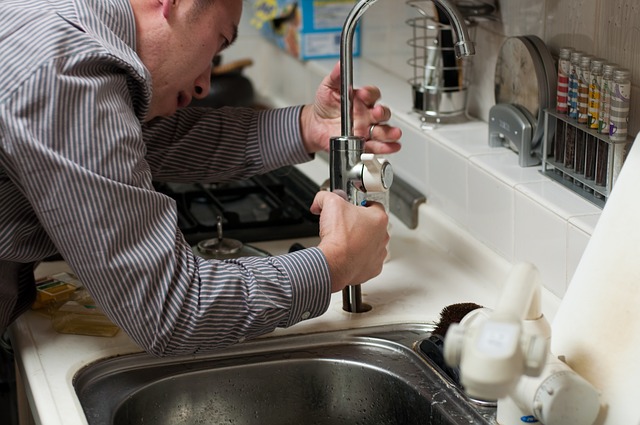Why It’s Vital to Maintain Your Plumbing Systems
Plumbing systems are essential to homes, offices, and other properties. If a facility’s plumbing system is not operating properly, there could be issues with accessing water or disposing of waste. When a plumbing system is regularly inspected and properly maintained, you can make sure that it’s functioning as it should. Plumbing helps to ensure the health and safety of everyone within the building. If you are looking for high-quality plumbing equipment see ‘Plumbing Supplies 24′.
The Different Types of Plumbing
Plumbing systems fall into three main categories:
Sanitary Drainage Systems
These systems are designed to dispose of waste. Wastewater is transferred through pipes that are built for this specific purpose. The waste moves through the drainage system and is transferred into a sewer. Plumbers can install drainage pipes and address any blockages. Wastewater comes from a variety of sources, including toilets and kitchen sinks.
Stormwater Drainage Systems
When it rains, water can build up around a property. Storm drains are able to drain rainwater so that it doesn’t cause damage. Most storm drains are covered grates on sidewalks.
Potable Water Systems
These systems provide facilities with water. They consist of numerous pipes that are connected to the primary system. Within the system, there are a number of valves at different locations. These valves can be used to cut off the supply of water when necessary. It’s common for water meters to be installed alongside properties so that water usage can be measured.
The Role of a Plumber
Plumbers are trained professionals that can install, maintain, and repair plumbing systems. A plumber can install new pipes and diagnose and address problems like leaks. Plumbers can install utilities, including toilets and sinks, and can take care of blockages and other problems. Working with a plumber is the best way to maintain a plumbing system. Services offered by professional plumbers include:
- Fixing leaks
- Taking care of clogs and blockages
- Addressing calcium build-ups
- Installing and repairing water heaters
- Installing and repairing sewer lines
- Cleaning sewer drains
- Installing, repairing, and replacing main sewer pipes
- Expanding or improving the quality of pipes in the hole
When Should You Call a Plumber?
In order to maintain your pipes, you’ll want to enlist the services of a plumber as needed. It’s best to bring in a plumber for:
Minor Plumbing Problems
Even small issues, like a leak or a blockage, can lead to significant issues. For example, leaks could cause mold to develop. Take a proactive approach and bring in a plumber as needed.
Emergencies
If you’re dealing with a major issue, you’ll need to bring in a plumber right away. For example, it’s likely that you’ll need emergency plumbing services if you’re dealing with sanitary water leakage.
Ongoing Plumbing Problems
If issues like blockages and leaks have been cropping up consistently, your plumbing system may be due for an upgrade. It’s best to contact a plumber to discuss your up-gradation options.
Home Renovations
If you’re planning to renovate your washrooms, kitchen, or other areas in your home with a sink, have a plumber inspect your plumbing system. It may be time to upgrade your old system.
New Builds
Plumbing services are essential when new buildings are being constructed. Work with a professional that can install a high-quality plumbing system.
